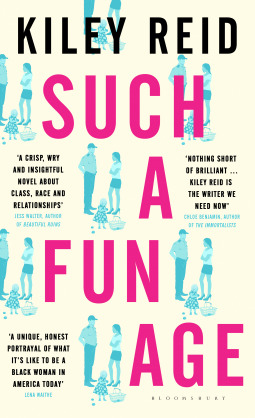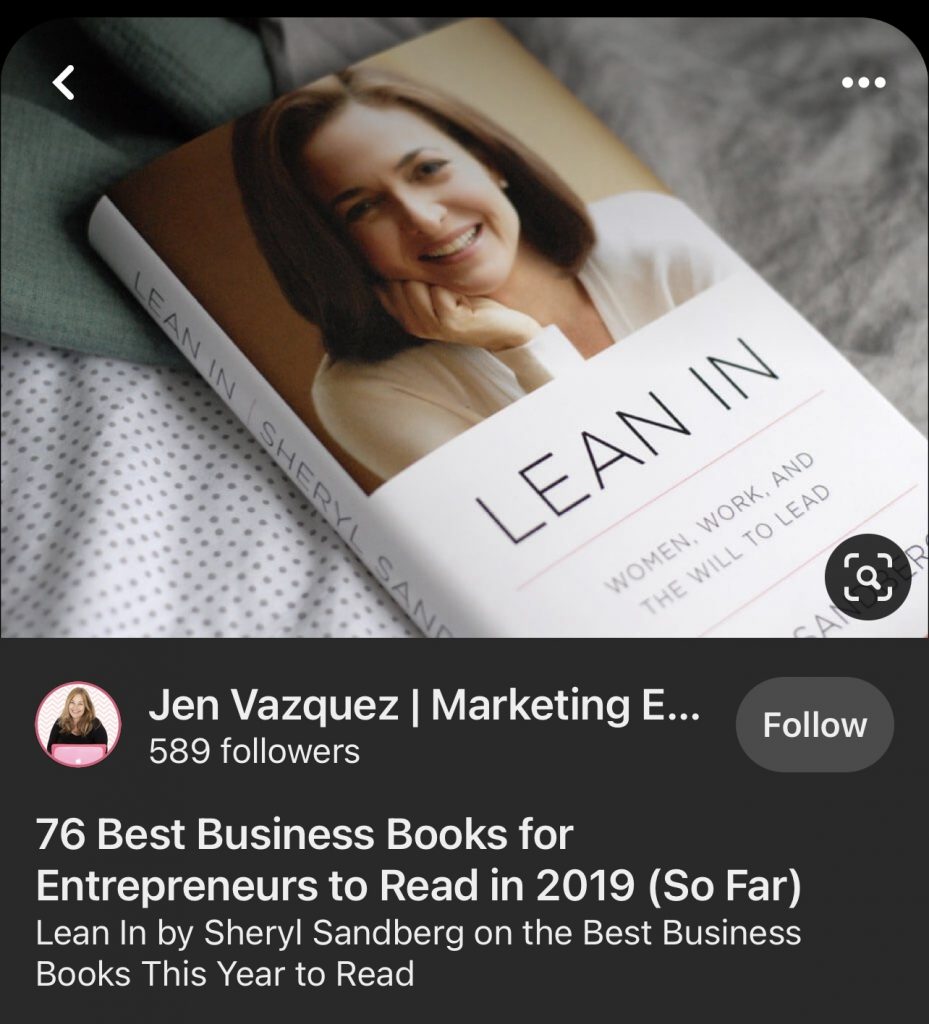
In a digital era where feminism has gained spectacular visibility (think hashtag activism, feminist slogans on t-shirts), you might be tempted to believe that feminism has evolved into an all-inclusive movement. Well, Kiley Reid begs to differ. Her 2019 novel, Such a Fun Age, pokes fun at the performative nature of white female ‘wokeness’ while also exposing its insidious underbelly–it highlights how popular feminism prioritises the white, middle-class experience. This preoccupation, Reid slyly suggests, threatens to silence and make invisible the voices and experiences of women of colour.

“The dominant culture of popular feminism [is a] primarily white, middle class feminism that seizes the spotlight in an economy of visibility and renders other feminisms less visible”
Banet-Weiser 23
Our first clue to the devaluing of black voices in the novel comes in the very first chapter. We are thrust into a racially charged confrontation in an upscale Phillidelphia grocery store where Emira’s body is rendered hypervisible under the white gaze of the security guard:
“She saw herself in her entirety: Her face-full brown lips, a tiny nose, a high forehead covered with black bangs […] All she could see was something very dark and skinny”
10
Reid immediately draws attention to Emira’s race as something that renders her hypervisible: “brown”, “black”, “dark”. At the same time, however, Emira is paradoxically rendered invisible. Her voice is marginalised while the voices of white people around her–the woman in the store, Peter, and even three-year-old Briar–are amplified.
“”I’ll call her father and he can come down here. He’s an old white guy so I’m sure everyone will feel better'”
“The security guard pointed a finger at her face. ‘I am speaking to the child‘”
14
White voices also monopolise the novel on a structural level. While initally centered on Emira’s perspective, the narrative shifts, as the voices of Alix and Kelley begin to filter in, overwhelming Emira’s personal narrative. This multi-perspectival style transforms Emira into a minority voice within the very narrative structure of the book itself. Reid devotes chapters Alix’s teenage years and her encounters with a young Kelley, in contrast to the scant pages on Emira’s history. This is undoubtedly a deliberate choice by Reid that culminates in an awkward thanksgiving dinner where personal histories are spilled over turkey.
What ensues is what Alix mentally terms a game called “Which One of Us Is Actually More Racist” (228) or as one reviewer from The New York Times puts it: “white liberal anxieties play out in a tug-of-war for Emira’s affections”:
“’Emira deserves to know who she’s dating.” No, you know what, Alex?’ Kelley leaned forward with one arm on the table. ‘Emira deserves a job where she gets to wear her own fucking clothes.'”
227
Here, the presumptious attitude of Alix and Kelley as they dictate what they believe is best for Emira reveals the superficial nature of white allyship. By excluding Emira from a conversation that directly concerns her, the white characters inadvertanely reinforce Banet-Weiser’s proposition that popular feminism “refuses intersectionality, and often erases and devalues women of color” (13-14).
Alix’s letter writing business, LetHerSpeak, best exemplifies this mode of feminism. Her business, kickstarted by writing “over one hundred letters and receiv[ing] over nine hundred dollars’ worth of merchandise” (20) represents a “corporate-friendly feminism” that embraces consumerism without challenging capitalist structures (Banet-Weiser 12).
“neoliberal feminism is one in which the values [of] neoliberalism—ever-expanding markets, entrepreneurialism, a focus on the individual—are embraced, not challenged, by feminism”
Banet-Weiser 11-12
Such a Fun Age locates this wave of entreprenurial feminism firmly within the digital realm. Reid satirises the rise of the white female entrepreneur to Instagram fame through Alix who “earn[s] another thousand followers” after “Small Business Femme” posts an Instagram photo of Alix breastfeeding onstage, captioned “Find You a Woman Who Can Do Both” (29).
On the other hand, Emira remains invisible within this digital world: “oh no, I don’t have Instagram” (Reid 135). Emira’s lack of an online presence therefore positions her distinctly outside the sphere of popular feminism, a movement that relies on online platforms to desseminate messages of female empowerment.





It is ironic then that Alix’s feminist slogan, #LetHerSpeak, actually serves to disempower Emira in the novel–we learn that Alix’s slogan, like her name, is phony. Alix’s suggestion that Emira wear one of her “white LetHer Speak polos” while babysitting not only carries racial undertones of white ownership and black subservience but it also reduces Emira to a tokenistic accessory; a living embodiment of Alix’s supposedly inclusive brand (Reid 49).
Tokenism intensifies as the novel progresses, culminating in a television interview where Alix exploits Emira as a passive prop to endorse her company. During the interview, Emira is thrust into the ‘spotlight of visibility’ and her trauma is transformed into a marketable commodity:
“Emira embodies much of the spirit in my business LetHer Speak,” she said. “Not only did she stick up for herself, but she listens to herself, and this is exactly the kind of person Peter and I want around our girls”
285
Yet, in the cathartic final pages of the novel Emira reclaims her verbal power. Leveraging her newfound visibility, Emira hits Alix where it hurts–her public image–and denies Alix and the wider media the opportunity to monetise her trauma:
“I will not actually be joining the Chamberlains full-time? Or like… at all […] it would be best if we go our seperate ways and our paths… never like came back together.”
285-286
Through its exploration of everyday racial microaggressions, Such a Fun Age urges its readers, especially its white readership, to consider the ways in which we wield our voices, or in this new digital age, our keyboards, to inadvertently marginalise the experiences of women of colour. Ultimately, Reid advocates for more equitable spaces, both online and offline, in order to amplify, rather than silence, diverse voices.
Bibliography
Banet-Weiser, Sarah. Empowered: Popular Feminism and Popular Misogyny. London: Duke University Press, 2018.
Canfield, David. ‘Kiley Reid has written the most provocative page-turner of the year’. Entertainment Weekly, 2019.
Christensen, Lauren. ‘When It Comes to Race, How Progressive Are the Progressives?’. The New York Times, 2019.
Reid, Kiley. Such a Fun Age. Dublin: Bloomsbury Publishing, 2019.
